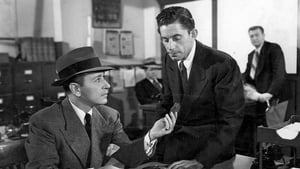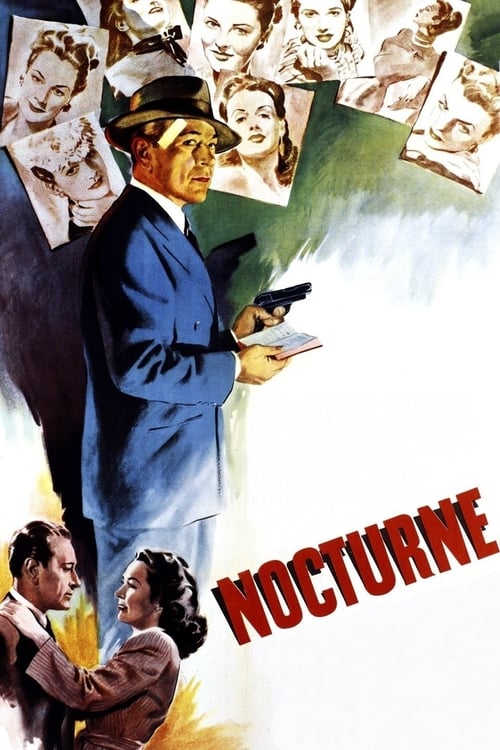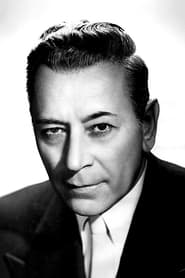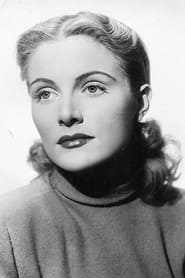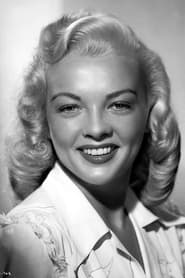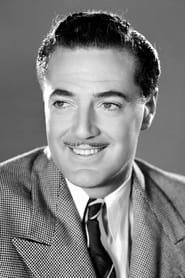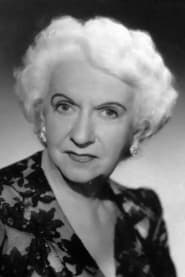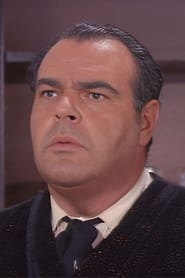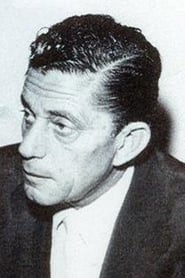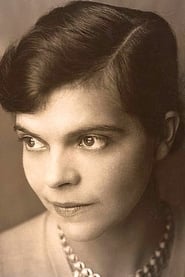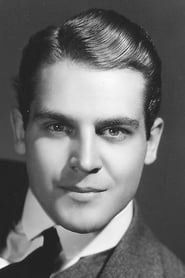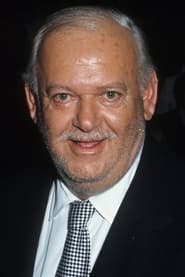Cast
View AllGeorge Raft
as Joe Warne
Lynn Bari
as Frances Ransom
Virginia Huston
as Carol Page
Joseph Pevney
as Ned "Fingers" Ford
Myrna Dell
as Susan Flanders
Edward Ashley
as Keith Vincent
Walter Sande
as Lieutenant Halberson
Mabel Paige
as Mrs. Warne
Bern Hoffman
as Erik Torp
Queenie Smith
as Queenie
Mack Gray
as Gratz
Dorothy Adams
as Angry Apartment House Tenant (uncredited)
Robert Andersen
as Pat (uncredited)
Monya Andre
as Woman (uncredited)
John Banner
as Charles Shawn (uncredited)
Crew
Director
- Edwin L. Marin
Writer
- Jonathan Latimer
Producer
- Joan Harrison
Reviews
John Chard
The Dolores Mystery.
Nocturne is directed by Edwin L. Marin and adapted to screenplay by Jonathan Latimer from a story written by Roland Brown and Frank Fenton. It stars George Raft, Lynn Bari, Virginia Huston, Joseph Pevney, Myrna Dell and Edward Ashley. Music is by Leigh Harline and cinematography by Harry J. Wild.
When Hollywood composer Keith Vincent (Ashley) is found dead in his swanky abode, the police feel it is a clear case of suicide. But there is one exception, Joe Warne (Raft), who feels it just doesn't add up. When it becomes apparent that any number of lady friends of the composer could have killed him, Joe drives himself onwards in pursuit of the truth.
Comfort food noir. Nocturne is a Los Angeles based detective story that doffs its cap towards Otto Preminger's far superior "Laura". Raft is in suitably understated hard-bitten mode as Joe Warne risks more than just the wrath of his bosses when he becomes obsessed with finding a woman called Dolores. He is convinced she has committed a murder and the gap on the wall where a row of ladies photographs hang only fuels his obsession still further.
As director Marin ("Johnny Angel") balances the opposing lifestyles of the principal players, taking us for a trip through the varying haunts of Los Angeles, the dialogue is pungent enough to overcome the failings of the script. A script evidently tampered with by Raft and leading to a rushed and not entirely satisfying finale. But as a mystery it works well enough as the acid tongued dames are dangled in the narrative to keep the viewer as interested as our intrepid detective is.
Marin does a grand job of mixing suspense with action, even opening the picture with a doozy of a plot set-up that is born out by some lovely fluid camera work, and while Wild's ("Murder, My Sweet") photography and Harline's music barely break the boundaries of mood accentuation, the tech credits are admirably unfurled to ensure the picture remains in credit. It helps that the support cast is a roll call of strong "B" movie players, and Raft fans get good value from an actor who was desperately trying to get away from the thuggish characters he was by then becoming known for. 7/10
Sep 25, 2019
Thematic Analysis
As a dramatic work, Nocturne examines complex human relationships and emotional struggles against the backdrop of a period setting that reflects societal issues of its time. The character development particularly stands out, offering viewers a chance to reflect on their own life journeys.
Director Edwin L. Marin brings their distinctive visual style to this film, continuing their exploration of themes seen in their previous works while adding new elements. Their approach to character development and emotional depth creates a viewing experience that rewards close attention.
Released in 1946, the film exists within a cultural context that now offers viewers historical perspective on the social issues of that era. Its reception demonstrates the diverse reactions to its artistic choices and its place in cinema history.
Did You Know?
- The production of Nocturne took approximately 35 months from pre-production to final cut.
- The final cut of the film runs for 87 minutes, though the director's initial assembly was reportedly 129 minutes long.
- The musical score contains over 70 unique compositions.
- Several scenes were filmed in multiple locations to capture the perfect setting.
- Some visual effects sequences took up to 8 months to complete.
Historical Context
- In 1946, when this film was released:
- Rock and roll music was revolutionizing popular culture.
- The civil rights movement was gaining momentum in the United States.
- The film industry was dominated by major studios, with independent cinema still in its early development.
How This Film Stands Out
While Nocturne shares thematic elements with other films in its genre, it distinguishes itself through its unique approach to storytelling, visual style, and character development.
Unlike Sorry, Wrong Number, which takes a more conventional approach to its subject matter, Nocturne offers a fresh perspective through its innovative visual language and narrative structure.
While films like Shadow of a Doubt and The Great Mouse Detective explore similar territory, Nocturne stands apart through its distinctive directorial vision and pacing.
This film's unique contribution to cinema lies in its thoughtful balance of entertainment value and thematic depth, making it a valuable addition to its genre.
Details
- Release Date: October 29, 1946
- Runtime: 1h 27m
